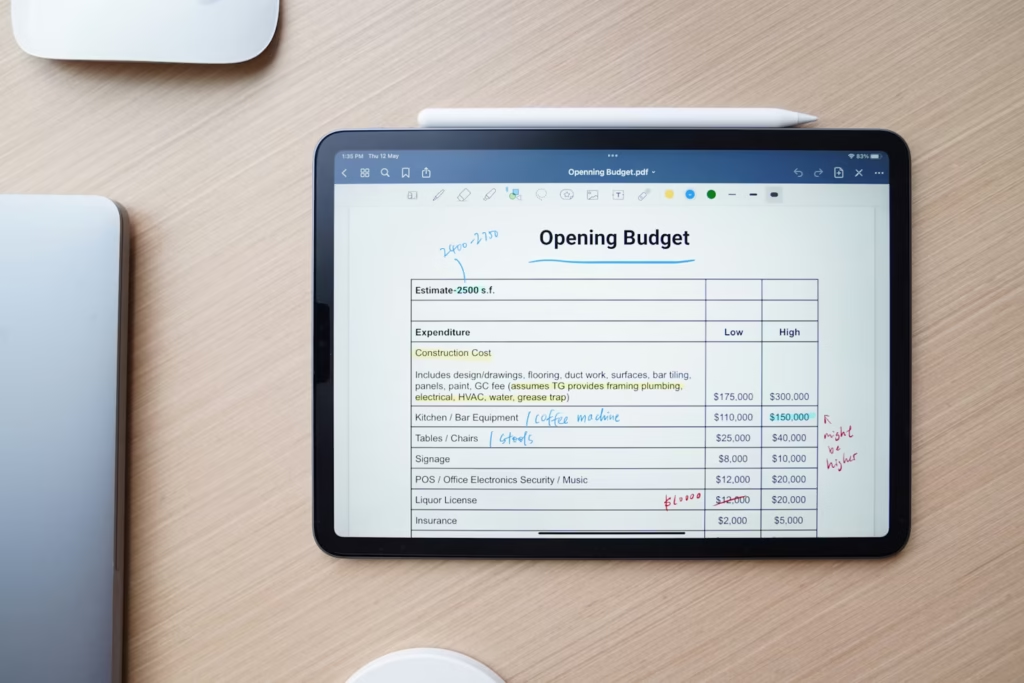How to Create a Sustainable Budget: A Comprehensive Guide
Introduction:
Financial stability starts with an effective budget. Creating a budget isn’t just about tracking income and expenses—it’s about managing money in a way that aligns with your long-term financial goals. This guide will walk you through the steps to create a budget that fits your lifestyle and helps you build a sustainable financial future.
The Importance of Budgeting:
Many people live paycheck to paycheck because they don’t have a clear idea of where their money is going.
Budgeting helps you prioritize essential expenses, set aside savings, and avoid unnecessary debt.
Steps to Create a Budget:
Assess Your Income: Understand your monthly income sources—salary, freelance work, rental income, etc.
Track Your Expenses: Start by listing all your monthly expenses (fixed and variable). Use tools or apps to track daily spending.
Prioritize Expenses: Break your expenses down into “needs” versus “wants” and focus on essentials like housing, utilities, and debt payments first.
Set Savings Goals: Allocate a portion of your income to savings. Set aside an emergency fund, retirement contributions, and long-term investments.
Create a Spending Plan: Choose an appropriate budgeting method, like the 50/30/20 rule, or a zero-sum budget, and stick to it.
Popular Budgeting Methods:
The 50/30/20 Rule: A simple way to divide income—50% for needs, 30% for wants, and 20% for savings and debt repayment.
Zero-Sum Budgeting: Every dollar of income is allocated, leaving no surplus at the end of the month.
Envelope System: Ideal for cash-based budgeting, where you allocate physical cash to specific spending categories.
Tools and Apps to Help You Budget:
Discuss popular tools like Mint, YNAB (You Need A Budget), and EveryDollar that can help with budgeting, expense tracking, and goal setting.
Tips for Sticking to Your Budget:
Automate savings and bill payments: Setting up automatic transfers to savings accounts or automatic bill payments can help keep you on track.
Track progress regularly: Check your spending weekly to ensure you're not deviating from your budget.
Review and adjust: Your financial situation will change over time, so it’s important to review and adjust your budget regularly.
Conclusion:
Budgeting is not about restricting your spending—it’s about gaining control over your finances. By creating a sustainable budget, you are putting yourself in a position to achieve your financial goals and gain peace of mind.

